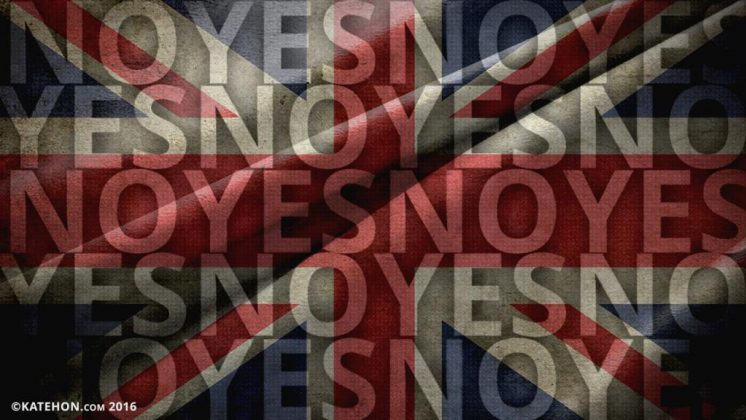The British Culture of Euphemism
English society forever puzzles and upsets foreigners who remain bewildered by our system of manners and our class structure even after many years of living here. Our system of social manners is designed to protect people from feeling upset and to put them at their ease, so it is that we rarely call a thing by its name and whole host of subjects and behaviours remain taboo in the UK which are considered quite normal in other countries. So for example, when someone asks you “Did you have a nice holiday?” and you reply “Yes, it was great thanks.” Your interlocutor will immediately know (depending of course on your tone) that you in fact had a terrible holiday and please to stop asking about it. It is perhaps because the ‘culture of euphemism’ is so ingrained in us that we have succumbed so completely and without much of a fight to the disease of political correctness. Enough has been said about this disease elsewhere and I do not which add to the literature on it. Instead I would like to explore how the debilitating culture of euphemism has infected other aspects of life and human interaction here in the UK.
This new culture is most violently seen in the workplace and its strength is dependent to some degree on the manner and type of work one is involved with.
The most obvious one which all those employed will know is the use of the acronym ‘KPIs’ (key performance indicators) to denote what used to be called ‘targets’. Targets are bad, but KPIs are ‘good’. Today you are supposed to go laughing and smiling into the mass grave with a ‘missing you already!’. I think it was the comedian Alexis Sale who said that hippies and liberals were always the worst fascists, taking social control to lengths not even dreamt of by Hitler and Mussolini. If one is unfortunate enough to work for a fast-food outlet such as Pret a Manger, there are whole rafts of ‘cultures and values’ which dictate the minutiae of behaviour. This monstrous invasion of all aspects of human life (including the private sphere) has happened without a murmur of disapproval. In fact, disapproval immediately signals to your manager that YOU ARE NOT A TRUE BELIEVER and in the modern workplace, just as in Stalin’s Soviet Union, it is not enough simply to do your job well – you must be a true believer as well. This must be the case both at work and in your private life (or rather the little that is left of private life after its invasion by social media).
The newspeak which now dominates and terrorises everyone in the UK is part of a ruthless and alien culture which has left a gaping hole in people’s lives.
For the sake of simplicity let us call it ‘the quest for authenticity’. It is easy to heap scorn on young people today who so resemble a mindless and brainwashed herd, with their ridiculous tailored beards and Edwardian bicycles – but not so fast! Do not their imbecilic and utterly superficial ways of behaving conceal something more mysterious and even desperate? Imagine having been born into this world – a world where everything is immediately ‘at your tips’, where there is no mystery left, an ultra-homogenised culture where there is no dissent allowed (all dissent is hate speech)? It seems to me that even the laughable and nauseating aping of Victoriana by so-called ‘hipsters’ conceals within it (and unbeknownst to them) a yearning for something outside the hideous reality of ‘modern life’.
Similarly, on holiday in places like Rome and Spain I am always stunned by the great quantity of tourists who will queue for hours to see, for example, the Black Madonna in Barcelona. People who at home would rather die than be seen inside a church. In this particular example which I witnessed first-hand I asked myself: what were they all doing here, women in hot-pants and bikini tops and young men with baseball caps, queuing to venerate the medieval statue of the Mother of God? I wondered what would happen when we arrived at the statue – as I knelt down to say my prayers there was an uneasy shuffling behind me along with a cascade of camera flashes; the digital image has become the new act of veneration.
So let us think of this when we hear these poor lost souls weeping because of Trump or Brexit or something they have seen about Putin on the BBC. We should pity them because above all they are people for whom any real presence has been entirely replaced by an ersatz construction which has no relationship to human life.


